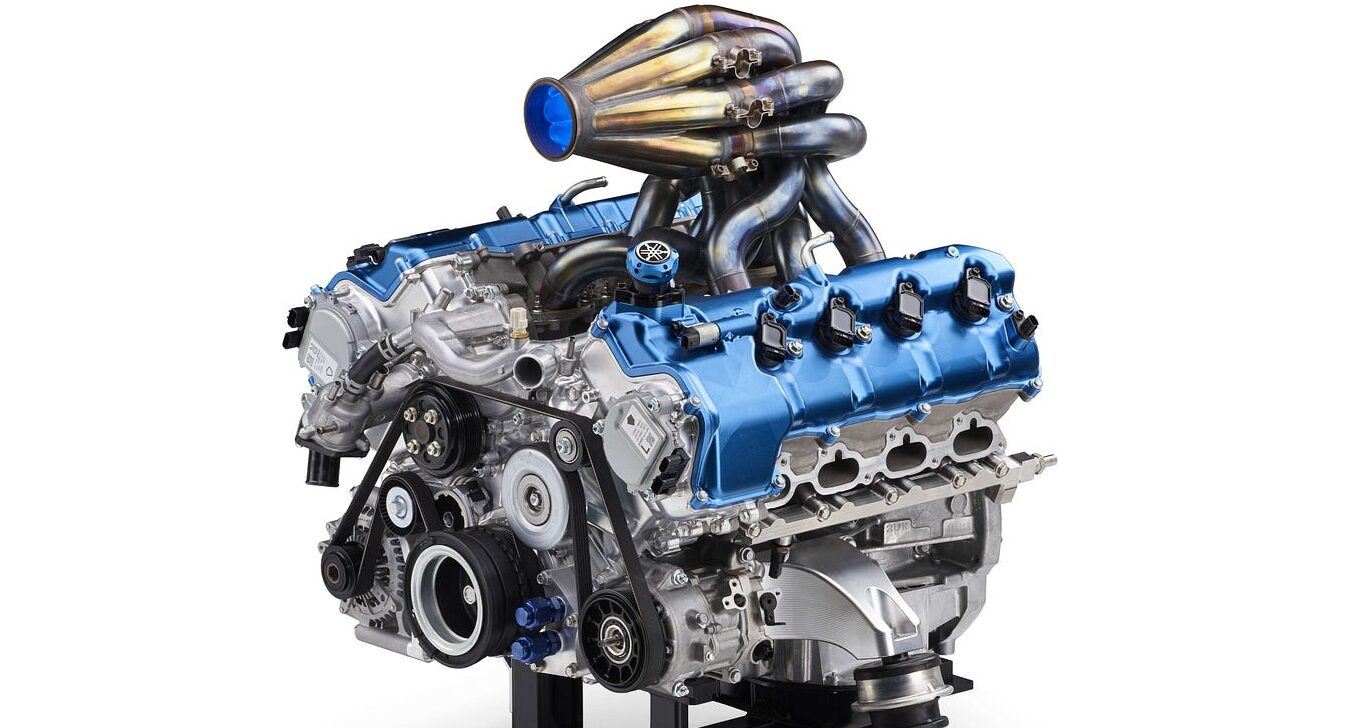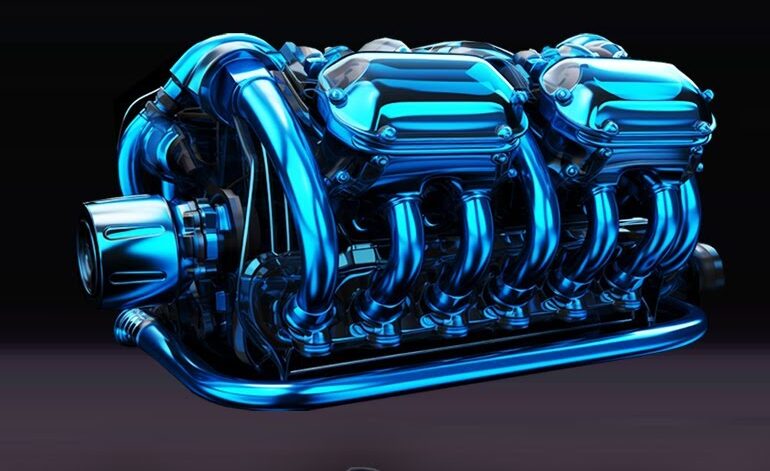Revolutionary Toyota Water Engine: The Potential Game-Changer for the Electric Vehicle Industry
The automotive industry is on the brink of a major shift towards environmentally-friendly transportation, and Toyota is leading the charge with its innovative water engine. This new technology, which has the potential to disrupt the Electric Vehicle (EV) industry, is a testament to Toyota’s commitment to sustainability and reducing emissions.
The water engine, also known as the hydrogen fuel cell, works by using hydrogen and oxygen to generate electricity, with water as the only emission. This groundbreaking technology offers several advantages over traditional EVs, including a longer range, faster refueling time, and a reduced need for new infrastructure.
Read Also : Optogenetic Pain Reduction
Toyota’s water engine is already being used in the Mirai, a hydrogen fuel cell vehicle that has been on the market since 2014. The Mirai has a range of over 300 miles and can be refueled in just a few minutes, making it a practical alternative to traditional gasoline-powered cars.
The water engine is also more cost-effective in the long run as the only fuel required is hydrogen, which can be produced from a variety of sources, including renewable energy. This flexibility in fuel production makes the water engine a promising solution for reducing carbon emissions and addressing climate change.
Read Also : Is NASA receiving alien signal ??
Toyota’s innovative water engine represents the future of fuel technology, offering a more sustainable and practical alternative to traditional EVs. As the world continues to move towards environmentally-friendly transportation, Toyota’s water engine is poised to play a major role in this transition.
EV Industry: Disruption or Continuity?
Heads up, everyone: the EV industry is here to stay, and it’s poised to revolutionize transportation as we know it. But will it be a disruptive force, or will it integrate seamlessly with existing infrastructure?
Toyota is already making moves in the eco-friendly transport space with their innovative water engine. This cutting-edge technology could be a game-changer in the world of fuel technology, reducing emissions and dependence on fossil fuels.
While the traditional automotive industry may face some disruption as a result of the EV boom, it’s also a massive opportunity for growth and innovation. Collaboration between established players and newcomers will be key to driving progress and ensuring a smooth transition to a more sustainable future.
Stay tuned as we continue to explore the exciting developments in the EV industry and the potential impact on the world of transportation. It’s an exciting time to be a part of this rapidly-evolving field!
Read Also : Human Xenomorph Hybrid
The Race for Environmentally-Friendly Transportation
The race for eco-friendly transportation is in full swing, and Toyota is making waves with their innovative water engine. This groundbreaking fuel technology has the potential to revolutionize the automotive industry and reduce our carbon footprint.
Toyota’s water engine, also known as the Fuel Cell Electric Vehicle (FCEV), generates electricity through a chemical reaction between hydrogen and oxygen, producing only water and heat as byproducts. This means that FCEVs emit zero tailpipe emissions and offer the same driving range and refueling time as traditional gasoline-powered vehicles.
The potential of this technology is immense and could disrupt the current trajectory of the electric vehicle (EV) industry. However, it remains to be seen whether FCEVs will serve as a complementary or competitive technology to battery-electric vehicles (BEVs).
Regardless, the race for environmentally-friendly transportation is heating up, and Toyota’s water engine highlights the importance of continued investment and innovation in this space. With clear benefits for both the environment and consumers, the future of transportation is looking brighter and cleaner than ever before.






